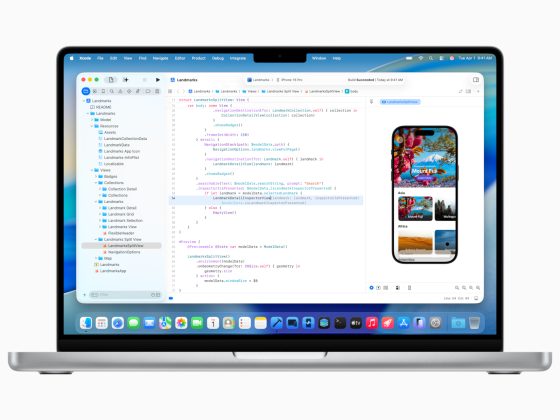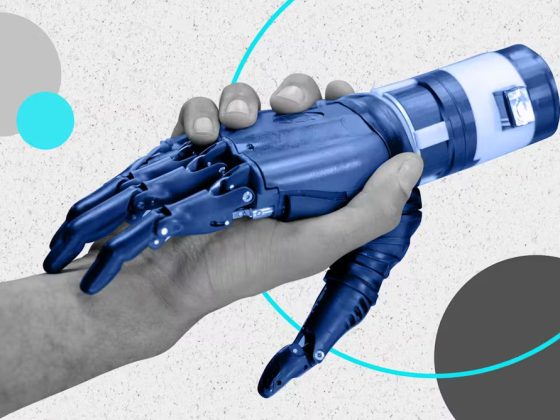ABB has won a contract from ST Engineering Land Systems Ltd. to deliver and commission integrated smart charging points for Automated Guided Vehicles (AGV) in the new Tuas port of Singapore.
Deliveries of the vehicles, which will be deployed to transport heavy shipping containers at the port terminal, are scheduled to begin from September 2020 through to August 2022, with the ABB chargers and supporting infrastructure set to be installed towards the end of 2020. Financial details were not disclosed.
The contract includes 450kW High Power Chargers, design and supply of charge point prefabricated skid and container solutions with integrated chargers, medium- and low- voltage switchgear, transformers and associated control and monitoring equipment. This integrated solution enables fast installation on site, ensures the highest levels of operability and mitigates risk.
The future port is a major milestone in Singapore’s next generation container terminal development with an annual capacity of 65 million containers (TEU) and is slated to be the largest port in the world by the time it is complete in 2040. The first berth will be operational in 2021.
“The project brings together two of the biggest trends disrupting the mobility industry, the rise of autonomous vehicles and the adoption of EV’s. ABB’s technologies will enable quick charging of the AGVs, which is vital for efficient container movement and for increasing the capacity of the port,” said Frank Muehlon, Managing Director for ABB’s global EV charging infrastructure business.
The breakthrough project marks the first time ABB’s chargers will be used to power a fleet of autonomous vehicles for commercial operation. A specially designed and customized connection to the chargers will be enabled for end-to-end integration with the fully-electric AGVs.
With more than 11,000 DC fast chargers sold across 76 countries world-wide, ABB plays a leading role in the development of sustainable mobility with its innovative and digital technologies and has participated in a growing number of projects in Singapore and around the world. This latest project will further accelerate Singapore’s transition to a future mobility ecosystem that is safer, cleaner and more accessible.










